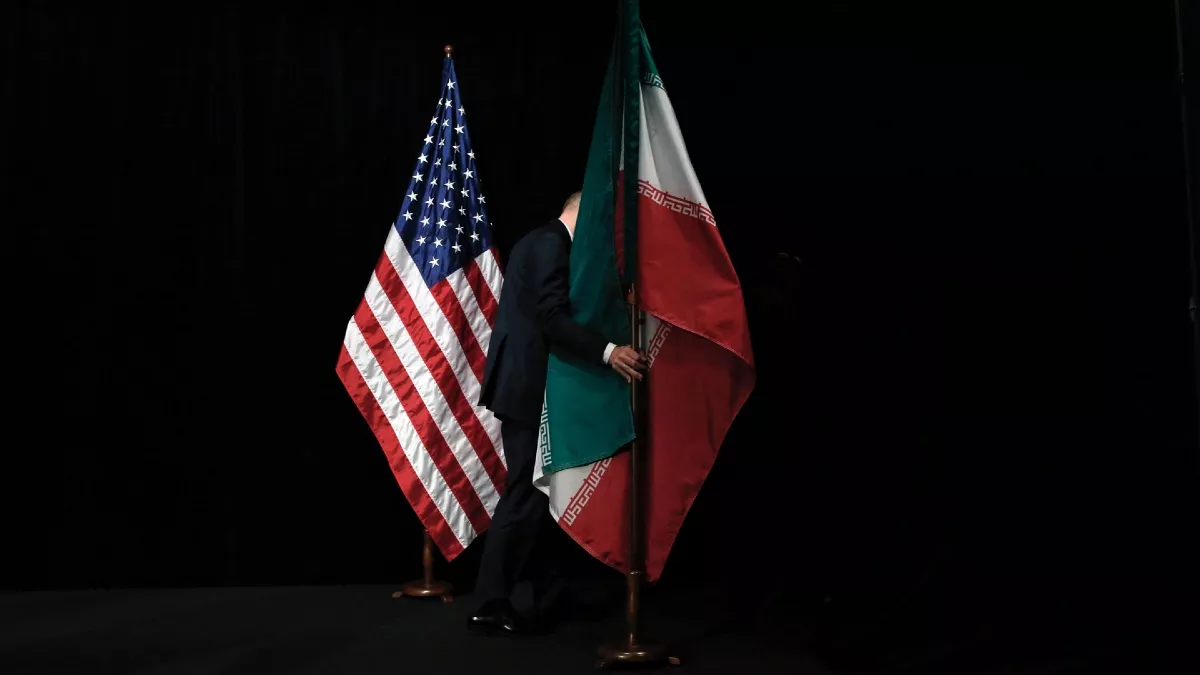U.S. Elections 2024: A Turning Point for Iran’s Foreign Policy
WANA (July 09) – The U.S. presidential election is always one of the most significant global political events, profoundly impacting the country’s domestic and foreign policies.
As the November 2024 election approaches, many analysts and media outlets are examining its potential effects on Iran-U.S. relations. This election could substantially change Iran’s foreign policy dynamics and has become a hot topic in the media.
Two Scenarios: Biden or Trump
In the upcoming election, Biden and Trump will be the leading candidates, each with distinct views on U.S. foreign policy. Biden, the current president and representative of the Democratic Party, is known for his multilateral and diplomatic approach.
In contrast, Trump, the former president and representative of the Republican Party, prefers unilateral and stringent policies.
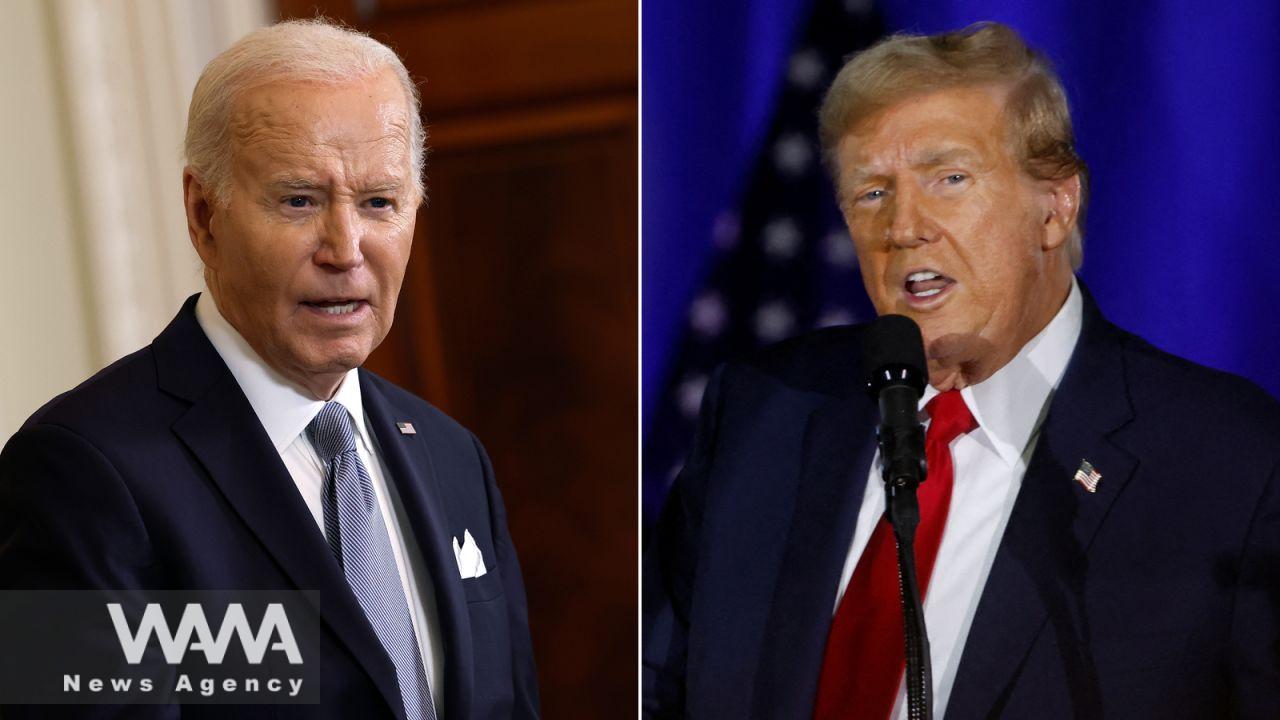
Biden’s Victory: A Return to Diplomacy?
A Biden victory could mean a return to the nuclear deal with Iran (JCPOA) and reduced sanctions. The Biden administration has shown a willingness to negotiate and engage with Iran, though with specific conditions and limitations.
Rejoining the JCPOA could improve Iran’s economic relations with Western countries, provide an opportunity to lift sanctions, and improve the country’s financial situation.
However, in an interview with CNN, Biden noted: “Rejoining the JCPOA is only possible if Iran adheres to its commitments.” But can Biden truly deliver on these promises, or will domestic and international pressures hinder the implementation of these policies?
Behind-the-Scenes Politics
Are there secret agreements between Biden and anti-Iran lobbies that might prevent the execution of diplomatic policies? Will Biden succumb to these pressures?
These are serious and important questions that need to be examined. Additionally, it is essential to know if there are efforts to rebuild relations that have yet to be publicly announced.
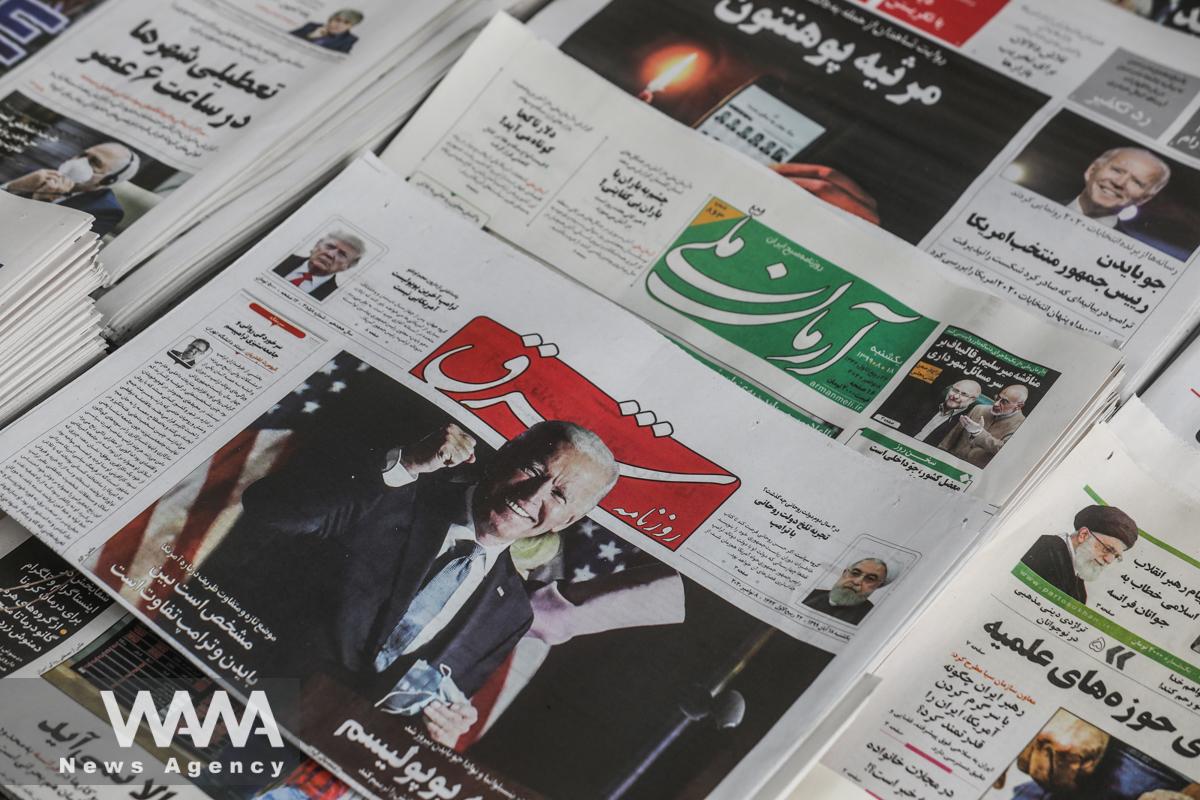
An Iranian newspaper showing a picture of Joe Biden after his victory in the US elections, in front of a newsstand in in Tehran, Iran November 8, 2020. Majid Asgaripour/WANA (West Asia News Agency)
Trump’s Victory: A Return to Maximum Pressure
A Trump victory could mean increased pressure and more sanctions against Iran. During his presidency, Trump implemented a “maximum pressure” policy against Iran and withdrew from the nuclear deal.
His return to power could complicate nuclear negotiations and impose more significant economic pressures on Iran.
This scenario could increase regional tensions and reduce diplomatic opportunities for Iran. “We must confront Iran with strength to end their destabilizing behaviors,” Trump emphasized. Is Iran prepared to face these challenges? Could Trump’s aggressive policies lead to a confrontation between the two countries?
Secret Relations and Covert Policies
Are there behind-the-scenes agreements between Trump and some regional countries to increase pressure on Iran?
Are Iran and the U.S. ready to start secret negotiations whose results will not be officially announced?
These questions remain unanswered, and only time can reveal what is happening behind the scenes of these policies.
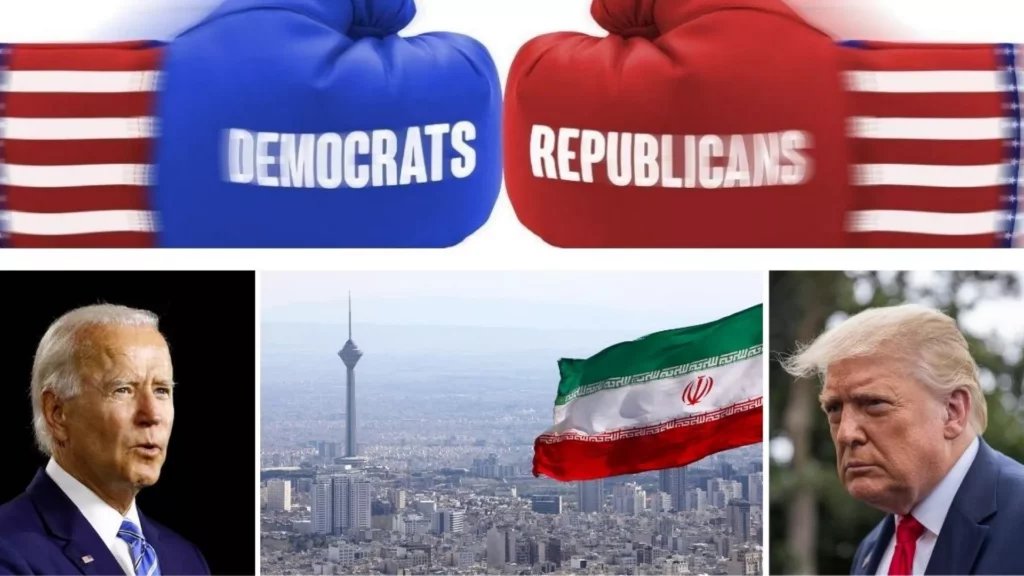
Wana – Joe Biden and Trump and Iran
Domestic and International Reactions
Iran’s domestic reactions to the U.S. election results will also be varied. In the event of a Biden victory, more moderate factions might see it as an opportunity for engagement and negotiation.
In contrast, a Trump victory could strengthen hardliner factions and boost resistance against external pressures.
In an interview with Al Jazeera, Mohammad Javad Zarif, former Iranian Foreign Minister, said: “Biden’s election could be an opportunity for a return to diplomacy and lifting sanctions, but Iran will never succumb to Trump’s pressure.”
Within Iran, Massoud Pezeshkian’s Government must adopt intelligent and realistic policies. Balancing engagement with the West and strengthening relations with the East could reduce economic and political pressures.
Internationally, Iran should use multilateral diplomacy and seize opportunities to challenge U.S. policies.
Strategies for Iran’s 14th Government
The 14th Iranian Government, led by Massoud Pezeshkian from the reformist faction, must be prepared for both scenarios and develop appropriate strategies to preserve national interests in the face of international developments.
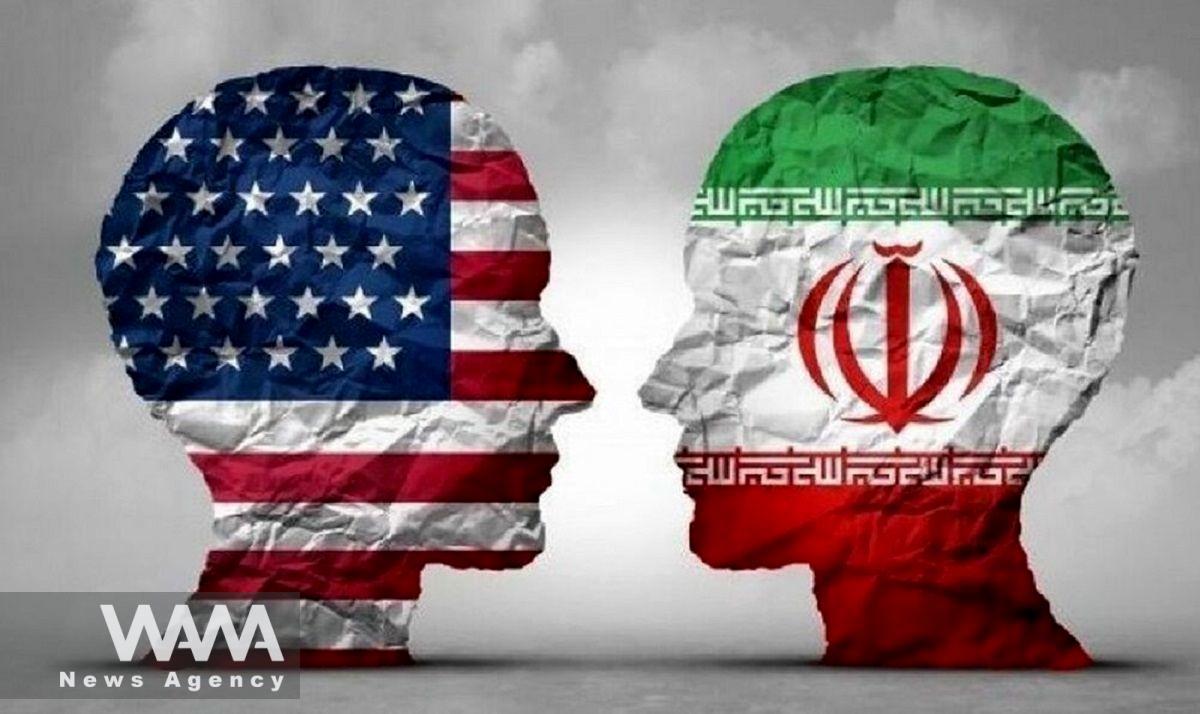
Wana -US and Iran
In the event of a Biden victory, the Iranian Government can use diplomatic opportunities and engage with Western countries to lift sanctions and improve economic relations.
This could include direct and indirect negotiations with the U.S. and strengthening ties with European countries seeking to revive the JCPOA. But can Iran fully exploit these opportunities to improve its economic conditions, or will domestic and international obstacles prevent this goal?
In the case of a Trump victory, the Government must look for alternative ways to reduce economic pressures and strengthen cooperation with regional countries and other global powers.
Cooperation with China and Russia could be one of the main ways to counter Trump’s hostile policies. Additionally, Iran can develop relations with regional countries like Turkey and Qatar, which may be inclined toward economic and political cooperation.
Ali Shamkhani, Secretary of Iran’s Supreme National Security Council, stated: “Iran must be prepared for any scenario and adjust its economic and diplomatic policies based on existing realities.”
The upcoming U.S. election will significantly impact Iran’s foreign policy. Using intelligent diplomacy and seizing available opportunities can help improve international relations and lift sanctions, paving the way for Iran’s development and progress.
However, if Iran and the U.S. cannot use these opportunities, tensions and confrontations will continue, likely leading to new clashes.
Are Iran and the U.S. ready to use these opportunities and reach a new path in their relations, or will political games and behind-the-scenes interests continue to block this goal?
Only time will answer these questions, but until then, Iran must adopt a multi-layered and flexible foreign policy that ensures national interests in all circumstances.
By WANA writer : R. Hejazi

